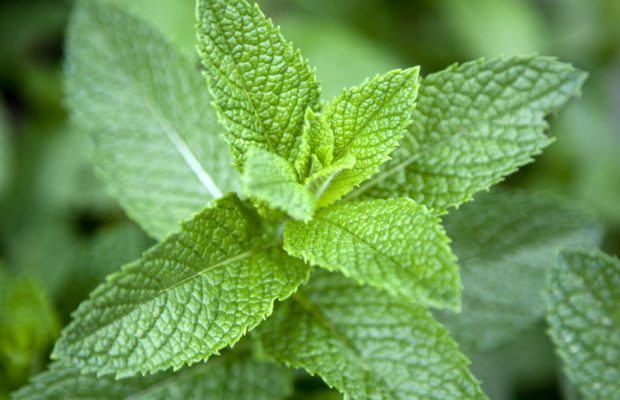
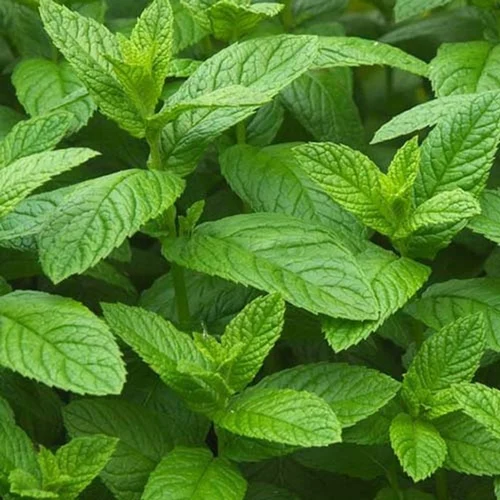
Mint leaves, scientifically known as Mentha, are aromatic herbs belonging to the Lamiaceae family, which also include basil, rosemary, and oregano. There are several varieties of mint, including spearmint, peppermint, and apple mint, each with its distinct flavor and uses. Peppermint is perhaps the most widely known and extensively used variety, prized for its strong, cooling flavor. Mint leaves contain essential oils, primarily menthol, which is responsible for its characteristic cooling sensation. In cooking, mint leaves are versatile and can be used fresh, dried, or as an extract. They add a burst of flavor to dishes like salads, sauces, and meats, as well as sweet treats like ice cream, and chocolates. Moreover, refreshingly flavorful beverages like mint tea, mojitos, and mint lemonades frequently feature mint leaves as a key ingredient. Mint finds its way into chewing gums and toothpaste as well. Let’s delve into the health benefits of mint leaves.
Cultivating mint is relatively easy, as it grows vigorously in various climates and soil types. However, its rapid growth and spreading nature make it somewhat invasive, so it’s often best grown in containers to prevent it from taking over a garden.
Health Benefits of Mint Leaves
1. Supports Digestive Health: Mint leaves contain menthol, a natural compound that relaxes the muscles of the digestive tract, easing indigestion, gas, and bloating. Consuming mint tea or adding fresh mint leaves to your meals can alleviate gastrointestinal discomfort and promote smoother digestion.
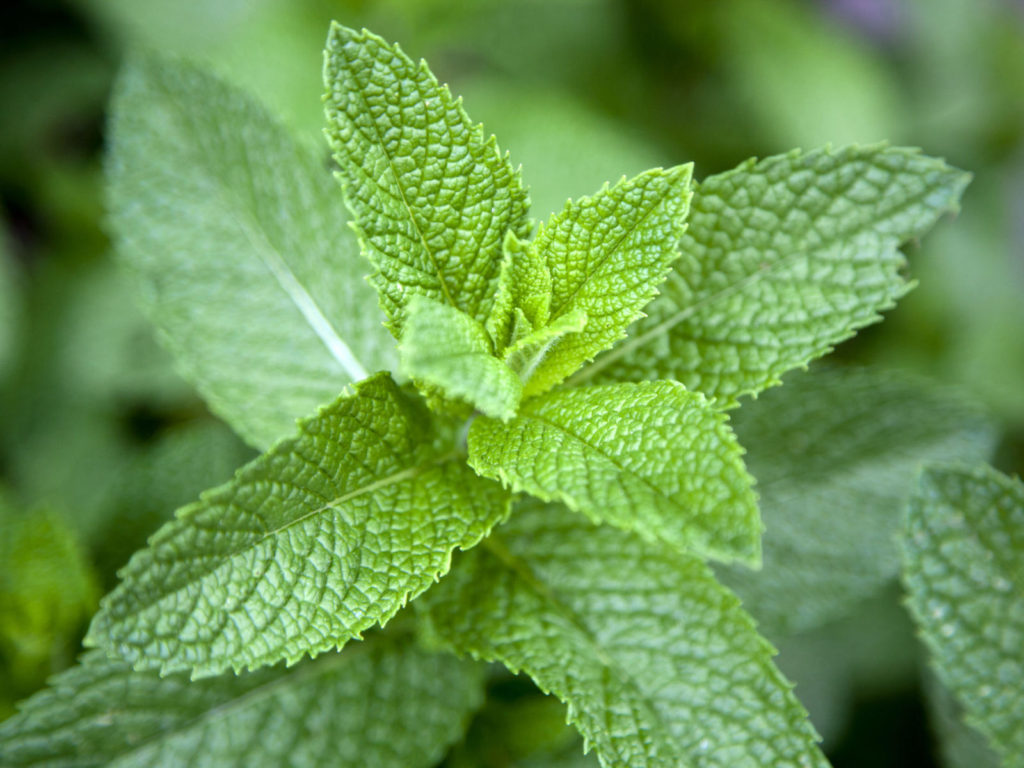
2. Pain Relief: Mint leaves have potential anti-inflammatory properties that may offer relief from headaches and muscle aches. The topical application of mint oil may also be soothing.
3. Promotes Oral Health: Mint’s natural antimicrobial properties can help combat oral bacteria, reducing the risk of bad breath, cavities, and gum disease. Chewing on mint leaves or using mint-infused mouthwash can freshen your breath and promote overall oral hygiene.
4. Soothes Skin: Mint’s anti-inflammatory and antiseptic properties can be beneficial for treating skin conditions like acne and eczema. The cooling sensation can also soothe irritated skin.
5. Supports Mental Wellbeing: The refreshing scent of mint has been shown to have mood-lifting and stress-relieving effects. Inhaling the aroma of mint leaves or sipping on mint tea can help calm the mind, alleviate anxiety, and promote relaxation, contributing to overall mental well-being.
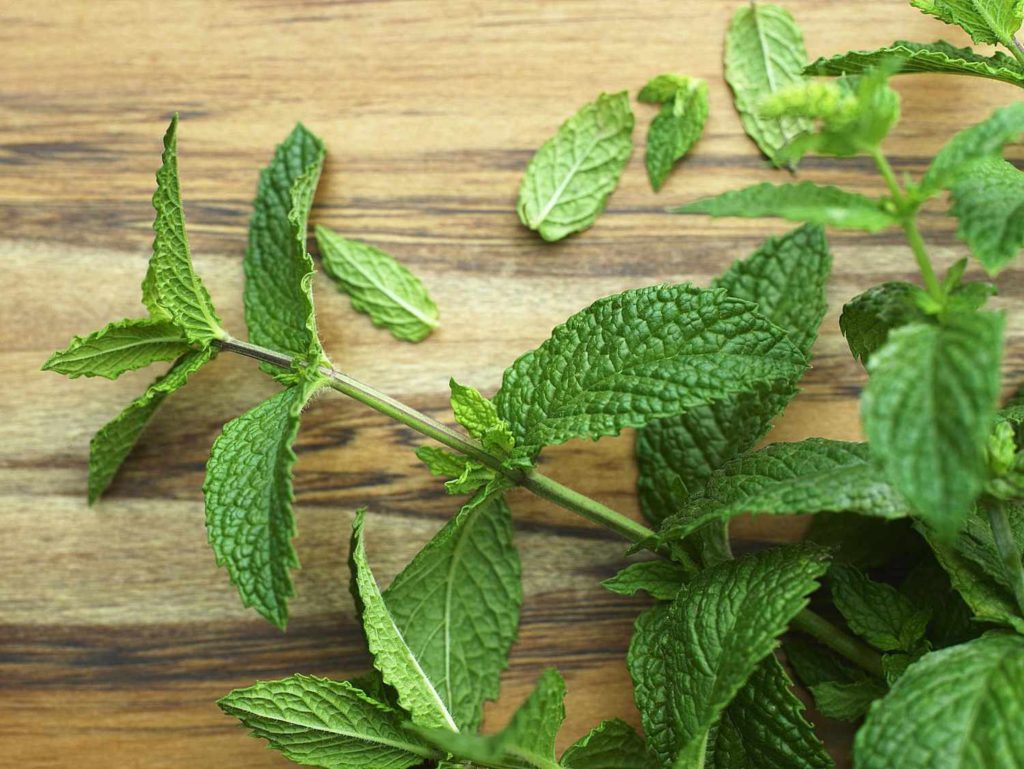
6. Respiratory Relief: Inhaling mint vapours can help clear congestion and ease coughs. Mint tea can also soothe a sore throat and act as a natural decongestant.
7. Boosts Immunity: Rich in antioxidants and vitamin C, mint leaves help strengthen the immune system, protecting the body against infections and illnesses. Hence, regular consumption of mint tea or incorporating mint into your diet can bolster your body’s natural defence mechanisms.
8. Relieves Nausea: The soothing properties of mint are effective in alleviating nausea and motion sickness. Chewing on fresh mint leaves or drinking mint tea can provide relief from queasiness and vomiting, making it a handy remedy for those prone to travel sickness or morning sickness during pregnancy.
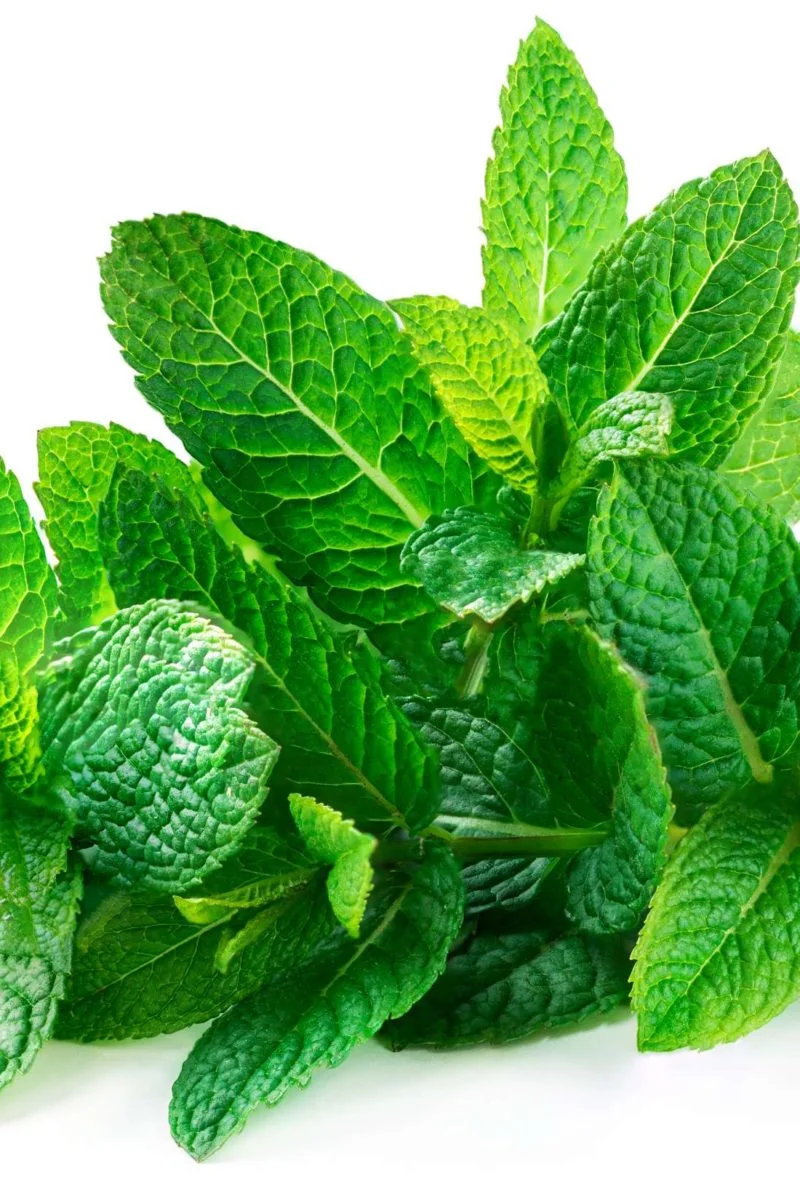
9. Relieves Menstrual Cramps: Mint leaves contain compounds that can help alleviate menstrual cramps and discomfort. Drinking mint tea or consuming mint leaves in other forms may provide relief from menstrual pain and muscle spasms.
10. Supports Weight Loss: Mint leaves can aid weight loss efforts due to their ability to suppress appetite and promote digestion. In essence, adding mint leaves to meals or drinking mint-infused water can help control cravings and support a healthy metabolism.
Copyright © 2016 Hot Topix Theme. Theme by MVP Themes, powered by Wordpress.

0 comments